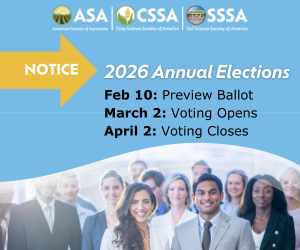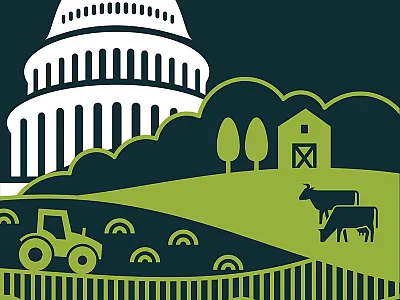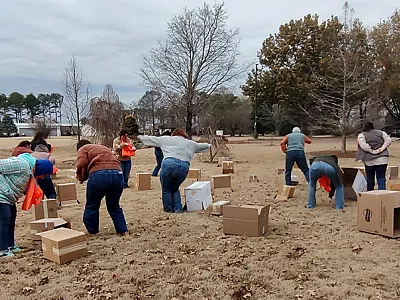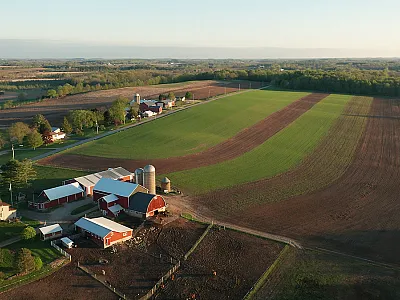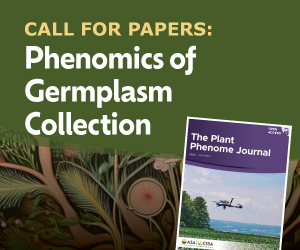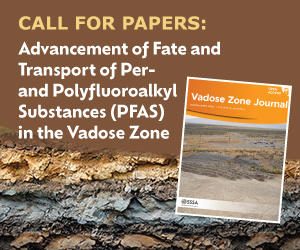Invest in Yourself
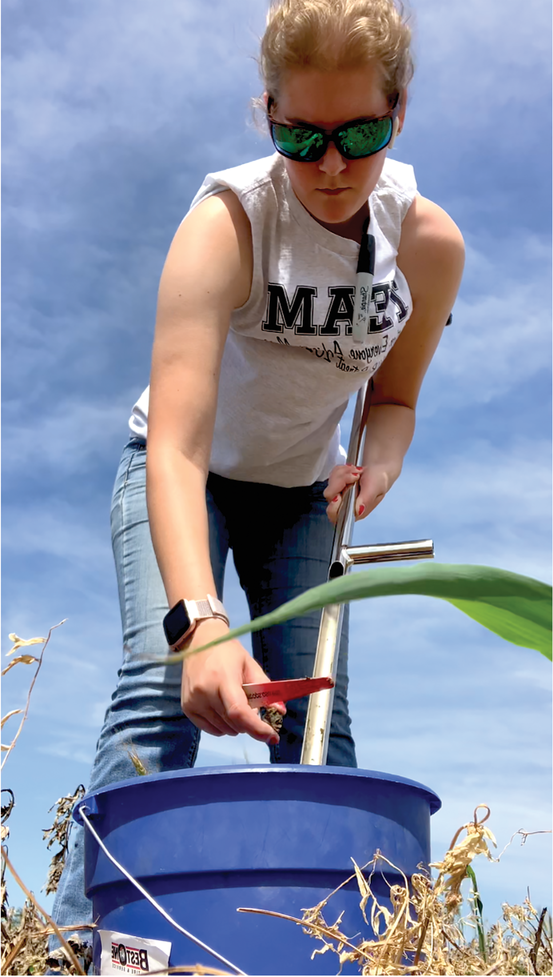
Greetings! It is back‐to‐school time for many of our student members and our regular members with teaching duties. Whether you are returning to the classroom yourself, or you have family members and friends who are studying, you can appreciate the feeling of a fresh beginning and new prospects that come at this time of year. As Warren Buffet, the chairman and CEO of Berkshire Hathaway has famously said, “Investing in yourself is the best thing you can do.” When he was asked specifically about the best investment during a period of inflation, Mr. Buffet offered these words, “Whatever abilities you have can’t be taken away from you. They can’t actually be inflated away from you. … So the best investment by far is anything that develops yourself, and it’s not taxed at all.”
ASA offers many opportunities for members who wish to continue developing their skills and talents. In previous columns, I have spoken about participating in the Society discussion boards, mentorship programs, and Annual Meeting. These activities are an excellent way for you to learn more about agronomy through friendly interactions and discussions with your peers and role models from across the United States and abroad.
Investing in yourself seems to suggest a deeper, more in‐depth understanding of the agronomy field. For some, this might mean taking a formal course or a program of study from an accredited institution. The accreditation process is important for colleges and universities because it is a guarantee to the students that the institution of higher education has achieved a level of quality that is recognized by a non‐governmental accrediting organization as well as federal and state government agencies. Accreditation is also a requirement for the U.S. Department of Education to provide federal student aid for individuals wishing to pursue postsecondary education.
What if you have already completed a postsecondary degree and want to continue investing in your knowledge and expertise? Perhaps you want to deepen your understanding of a specific topic in agronomy. You might want to broaden your horizons by learning new things that were not taught during your degree program. Here are five agronomic techniques that did not appear in the curriculum when I completed my B.Sc. (Agr.) degree—precision agriculture, autonomous tractors, metagenomics, agrovoltaics, and vertical faming. In those days, we had scant knowledge of ecosystem services and no notion of agricultural carbon markets. It is remarkable to see the progress in these areas! Ohio State University Extension Associate and CCA Rachel Cochran cleans out her soil probe between soil samples.
Consider Certification
To stay up‐to‐date on the practical aspects of these agronomic advances, you should consider enrolling in ASA’s certification programs to become a Certified Crop Adviser (CCA). Since 1992, this program has prepared advisers, consultants, and extension specialists to serve the public interest by assuring that they are at the top of their game when it comes to recommending the most up‐to‐date agronomic practices. Obtaining the title of CCA or CPAg demonstrates that an agronomist has mastered the necessary skills and met the standards of the program.
The fact that CCAs are certified means that an agronomist with this title has achieved a level of professional competence, quality, and ethical rigor that is recognized by a non‐governmental certifying organization. This protects the public and the profession by distinguishing individuals who have undertaken this voluntary professional training from those who have not. Through an examination, the prospective CCA demonstrates their knowledge and skills in nutrient management, soil and water management, integrated pest management, and crop management. Other requirements of this program are several years experience working with farmer/grower clients, letters of reference, and commitment to a code of ethics. If you are an agronomist whose work mainly involves consulting with growers or farm managers/operators, please consider becoming certified (certifiedcropadviser.org/become‐certified).
To maintain certification, the CCA must complete a minimum number of Continuing Education Units (CEUs) during each two‐year certification cycle. This assures that every CCA remains current in the subjects and leading‐edge technologies in their area of competency, preparing them to be the best advocate for their farmer/grower clients. The conscientious advice from a CCA should help their clients to increase profit per acre, growing high‐yielding, nutritious crops while respecting the environment.
Agronomists list many reasons for choosing to become a CCA:
- I want to stay current in my specialty area, so I can be a better adviser and advocate in my farm community.
- The CCA training gives me a balanced view of the latest technologies and research findings, helping me to make better recommendations.
- I rely on the Code of Ethics to make good, principled decisions in my agronomic practice.
- Being a CCA helps me gain the respect and trust of my farmer/grower clients.
- I like being part of a large community of more than 13,000 CCAs across the United States, Canada, and Mexico, who share my interest and passion for agriculture.
- Through the CCA program, I learned to ask better questions about what I am seeing in the field. I also became a better listener, focusing on my farmer’s long‐term needs rather than opting for a quick‐fix solution.
Will the CCA program be a good way to invest in yourself for your professional career development? To learn more about the program, including initial examinations and recertification procedures, please visit certifiedcropadviser.org/become‐certified, call 608‐273‐8085, or email certification@sciencesocieties.org.
Text © . The authors. CC BY-NC-ND 4.0. Except where otherwise noted, images are subject to copyright. Any reuse without express permission from the copyright owner is prohibited.



